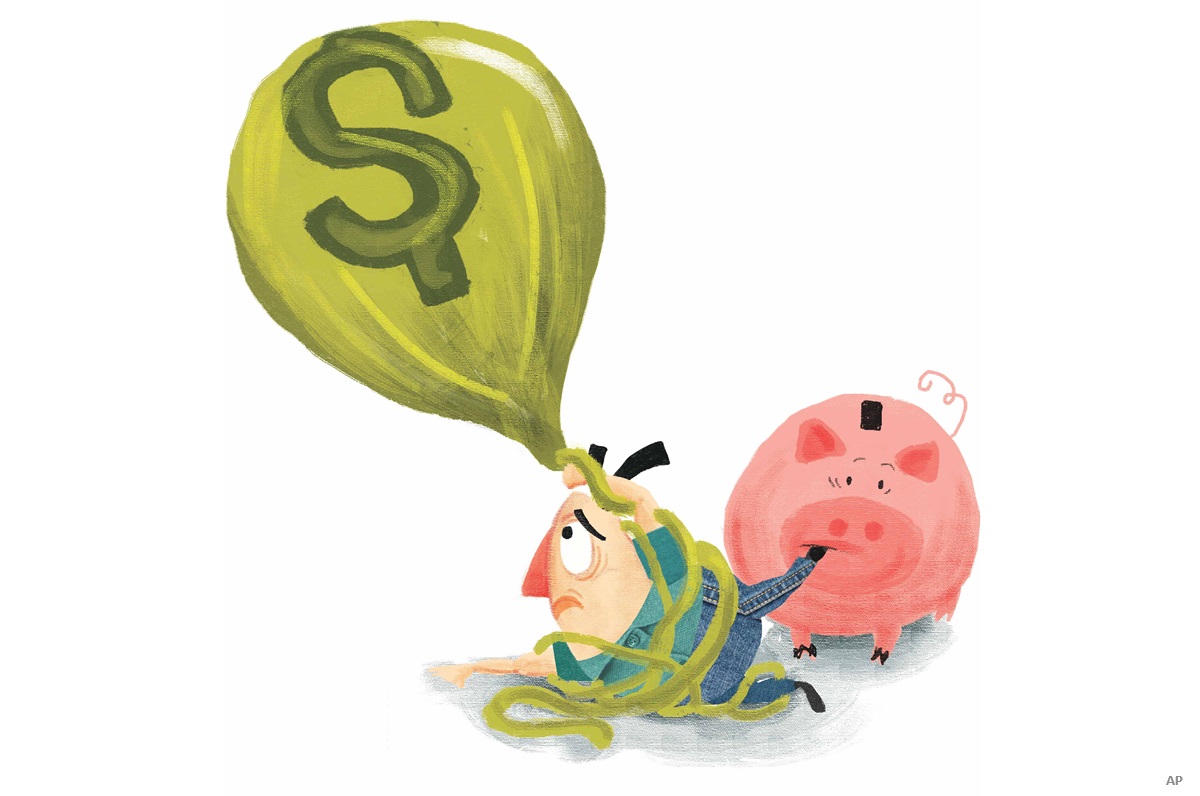
With the Canadian economy in the latter part of the cycle it’s difficult to determine the future earnings power of smaller companies. But Jeff Mo, a small-cap specialist at Calgary-based Mawer Investment Management Ltd., maintains that focusing on companies with competitive advantages that have continued to grow thanks to a well-executed acquisition strategy is a better way to build portfolios rather than from the top down.
“Growth by acquisition is one of the key hallmarks of many of our holdings,” says Mo, lead manager of $1.3 billion five-star rated Mawer New Canada A. At last count, 64% of the companies in the portfolio, by revenue, have used acquisitions as a way to grow their sales and earnings. “These companies have a strategy of acquiring other players in the same business. In principle, they believe that the whole will be greater than the sum of the parts.”
A growth-by-acquisition strategy is not a recipe for success, however. “On average, companies that make acquisitions actually underperform their index,” says Mo, a native of Nanjing, China who grew up in Calgary and joined Mawer in 2008 after completing a Bachelor of Business Administration at the University of Western Ontario. “But a company that is prudent and understands their competitive advantages also understands that it’s not simply about pursuing growth for its own sake. If they integrate acquisitions properly, they can succeed.”
Shopping for acquirers
In scanning the market for potential candidates for the portfolio, Mo will reject those whose management teams fail to understand the marketplace or how an acquisition strategy will work for them. “Canada has a mature economy and one that is experiencing lower growth. Companies can grow organically by introducing a new tool or new software, for instance, or by opening new stores. Or they can choose to grow by acquiring other businesses. It’s often cheaper to acquire [another business] than to build a larger business by yourself.”
Take, for instance, one of the top holdings in a 50-name fund: Boyd Group Income Fund (BYD.UN/TSE), a Winnipeg-based firm that is one of the largest operators of automobile collision repair centres in North America. The company has 634 shops that go by various brand names such as Assured and Gerber.
“Rather than build new body shops from scratch, it’s much easier to buy existing shops that have all the equipment in place,” says Mo. “They are paying about four times earnings before interest, taxes depreciation and amortization [EBITDA], and a little higher for smaller auto body chains.”
Boyd Group’s competitive advantage is that it operates on a nation-wide basis. It has the scale to go to large insurance firms and sign a direct repair program. “They can get higher volumes of business from insurance companies depending on their jurisdictions,” says Mo, noting that while insurers cannot refer clients to body shops, they can still provide a shortlist of recommended shops. In addition, Boyd’s large scale allows for a training program where employees acquire best practices. Moreover, by being very large Boyd can fetch better prices for parts and materials.
“Boyd has grown its top line in the last 12 months by 20%. It’s EBITDA has grown 26% year-over-year,” says Mo, adding that the stock pays a 0.4% dividend. “That bottom line growth is hard to beat.”
Willing to pay for potential
The stock trades at a pricey 30 times trailing earnings. Yet Mo argues that the multiple is justified. Pointing to the fragmented nature of the industry and the room for growth, Mo adds: “Boyd Group has a long tail-wind behind it. And it has strong management and market positioning.”
Another favorite is Enghouse Systems Ltd. (ENGH/TSE), a Markham, ON-based software provider that operates in two areas, interactive management and asset management. In the first area, Enghouse is a global supplier to the call centre industry. In the second, the firm helps telecommunications networks manage the backbone of their systems as well as their billing operations. “These tend to be mission critical systems and cannot be easily replaced.”
Led by chief executive officer Stephen Sadler, Enghouse has a history of over 20 acquisitions in the five years. One of the most recent was Hackensack, NJ-based Vidyo, which provides sophisticated video conferencing for multiple applications from medical to industrial purposes.
“Its top line revenue has a compound growth rate of 13.1% for the past five years,” says Mo, noting that the stock pays a 1.33% dividend. “Earnings per share have grown 19% year-over-year, and EBITDA has grown 20.6%.”
Growing pains part of long game
From a performance standpoint, Mawer New Canada has been exemplary over the longer term. For the 10 years ended May 31, the fund had a 15.26% compound annual rate of return versus 7.91% for the Canadian Small/Mid Cap Equity category. Yet there have been periods, such as 2018, when the fund lost money and returned -10.23%. However, Mo notes that the fund is a relative outperformer and in 2018 it beat the median fund which lost 15.98%.
“I am disappointed that we showed a loss last year,” says Mo. “But I always caution clients about two things: First, investing is a long game, and second, there are always short-term swings that cause the value of a holding to decline. But the key thing is, the intrinsic value of that holding did not decline.”
Mo concedes that he has a limited ability to forecast where the economy may be going. And that’s especially true in the short term. Therefore, he would much rather focus on a select group of companies that he and his team have a good understanding of, with a focus on their dynamics and strengths.
“In the long term, we believe we have a slightly better than random chance to determine if that company has a sustainable competitive advantage and how its stock may turn out,” says Mo. “We do an extensive discounted cash flow analysis, arrive at a range of potential values, and try to buy the stock at a price below its intrinsic value. That’s all we can do.”
Mo acknowledges that the market is once again showing unusually low levels of volatility, which creates a sense of complacency among investors. And while he acknowledges that small-caps have generally been regarded as riskier than large-caps, he also argues that his collection of 50 companies is of higher-quality than most small-caps. “You’re getting the protection offered by large-caps—in the form of dividends and high returns on equity—combined with the higher growth rates of smaller companies.”



















